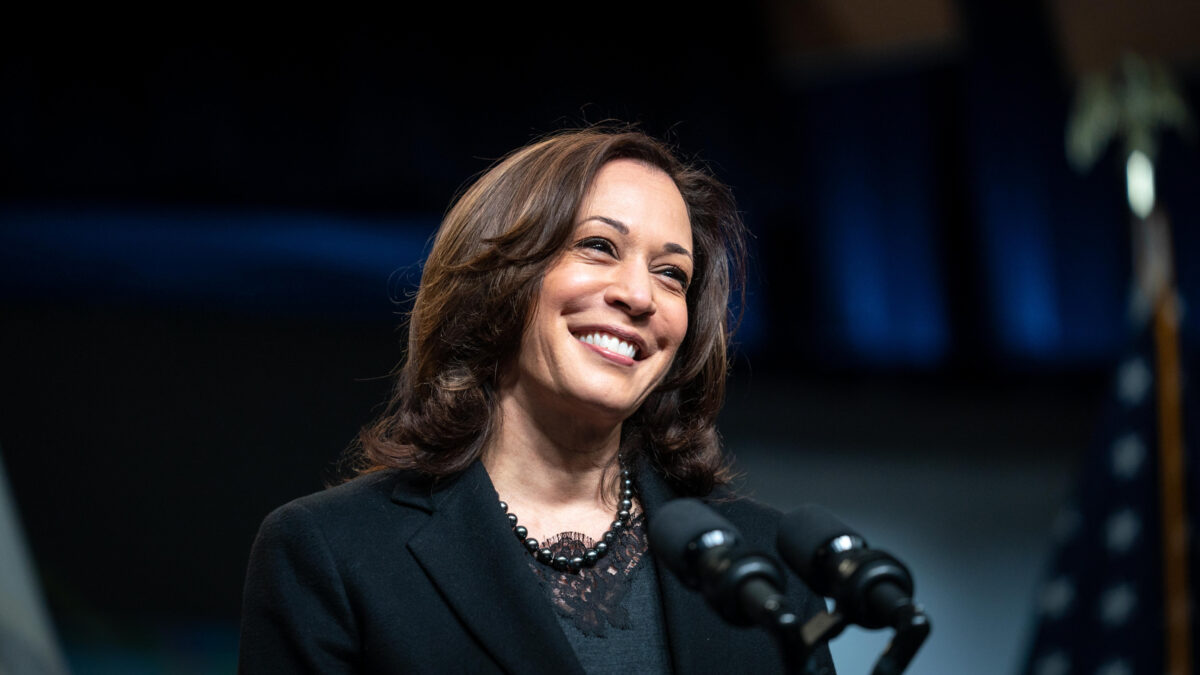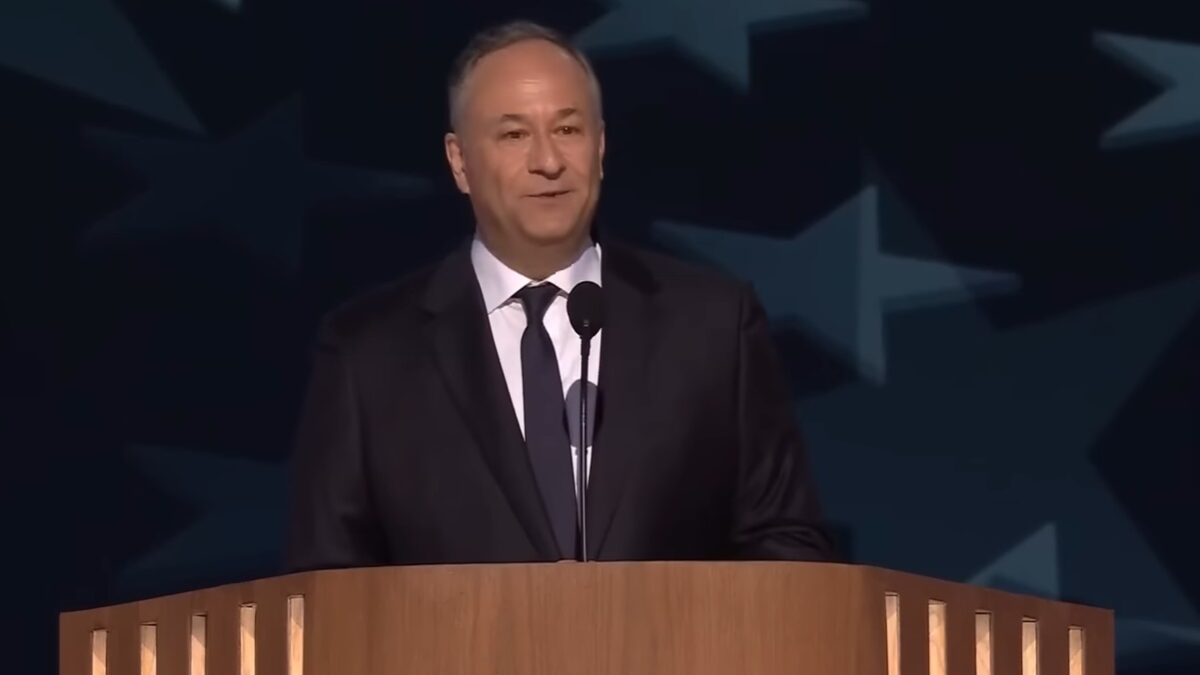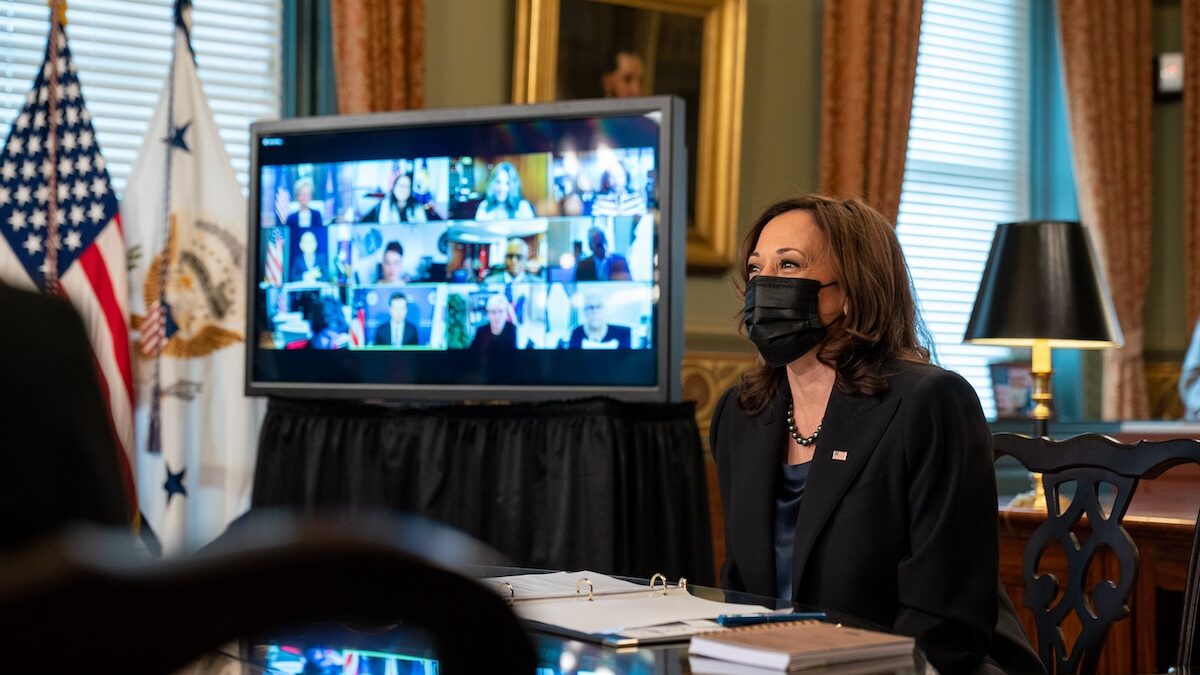
Former New York Times top COVID-19 reporter Donald McNeil Jr. publicly responded to his ouster in early February following a report from The Daily Beast accusing him of making “racist and sexist remarks.” Notably, the accusations include using the n-word in a discussion about why not to say it on a 2019 student trip he helped guide through a Times partnership program. He believes the Daily Beast report to be a leak from inside the newsroom.
In a four-part series on Medium, McNeil, who was employed by the Times from 1976 until 2021, explains the story behind the incident as well as the internal fallout at the Times following the publication of the two-year-old story. While McNeil admits that he can be touchy and blunt, he clears up how a five-word response to a Washington Post reporter about the situation was misconstrued, causing him to take matters into his own hands and not give the privilege to a “jackal” journalist.
“It was meant to flippantly convey ‘I can’t comment but don’t believe the Daily Beast.’ Instead, he interpreted it as ‘Don’t believe the Times press release.’ That inflamed the situation,” McNeil admitted. “I chose this route so I can control at least one part of the narrative: my own.”
In part two of his cancellation saga, McNeil details how Daily Beast reporter Lachlan Cartwright only gave him a few hours to respond to their reporting that alleged he used the “n-word,” denied white privilege, and “made racist comments and used stereotypes about Black teenagers,” an email he did not immediately see in his inbox.
He also explains how Times leadership such as Science Editor Celia Dugger and Associate Managing Editor for employee relations Charlotte Behrendt, with whom he had disciplinary run-ins, began to panic about the email once they discovered it, expressing fears that the situation would become a scandal that “would be lumped in with Lauren Wolfe and the Caliphate.”
“From the very beginning, I misread the situation. I was blasé about the Beast email. The Times was in full freakout message-control mode,” McNeil wrote.
Even after McNeil drafted an explanation of the situation, adding more context to how the conversations on the 2019 trip went, he said the Times turned it down and suggested he say “My comments were offensive and I should not have made them, and I apologize.” McNeil further explains that he declined to offer that apology and the next one the leaders at the publication drafted for him. “I will take the beating, but if I didn’t commit the sin, I won’t ask for forgiveness,” he writes.
It wasn’t until corporate media outlets took his self-proclaimed “flippant” comment as a lack of apology that McNeil began to draft an explanation with apologetic overtones with some of the Times staff. He says he even asked “1619 Project” founder Nikole Hannah-Jones for help navigating the internal backlash he received for the story and perceived “lack of apology.”
McNeil’s words never came out, however, because the Times’ first black Executive Editor Dean Baquet was reportedly “twisting [his] arm” after receiving pushback from other Times colleagues. Originally Baquet defended McNeil, telling staff, “I authorized an investigation and concluded his remarks were offensive and that he showed extremely poor judgment, but that it did not appear to me that his intentions were hateful or malicious,” but eventually caved to staffers’ pressure.
“’But Donald,’ Dean said, ‘you’ve lost the newsroom. A lot of your colleagues are hurt. A lot of them won’t work with you. Thank you for writing the apology. But we’d like you to consider adding to it that you’re leaving,'” McNeil wrote.
According to McNeil, who claims he was unaware at the time, internal meetings about his alleged behavior occurred on Zoom, Slack, and other communication platforms between management and black reporters. McNeil hired a lawyer to protest his forced resignation but eventually stepped down, noting that Behrendt used the n-word in front of Baquet in conversations about the incident. That’s the same accusation McNeil was ultimately fired for.
McNeil also detailed evidence leading up to abrupt departure, citing an August 2019 email where he described Behrendt’s authority in the Times newsroom as “more like North Korea every day.”
“I used to love working here,” McNeil wrote in 2019. “Now I’m so discouraged. Such a mean, spiteful, vengeful place where everyone is looking over his/her shoulder.”
McNeil concluded his thousands of words explanation with a plea to be remembered as a “good science reporter whose work saved lives,” not the controversy surrounding his arguments “in favor of open-mindedness and tolerance.”
“…my bristliness makes me an imperfect pedagogue for sensitive teenagers. Although the students liked me in 2018, some of those in 2019 clearly detested me. I do not see why their complaints should have ended my career at the Times two years later. But they did,” he wrote.
The New York Times published a follow-up article about McNeil’s response, painting him as the “Ex-Times Reporter Who Used Racial Slur.” Other corporate media journalists responded just as abruptly as the Times did, criticizing McNeil for never issuing what they considered an up-to-standards apology.
I'm sure there are worse human beings on this site than Valenti, but I can't think of a more dishonest summary of the Donald McNeil story than this. pic.twitter.com/8QTFBvP9So
— Cathy Young 🇺🇸🇺🇦🇮🇱 (@CathyYoung63) March 2, 2021
https://twitter.com/WesleyLowery/status/1366434535659872260?s=20
Others praised the Daily Beast’s decision to only offer McNeil a few hours to respond to the request for comment.
https://twitter.com/DanFosterType/status/1366824730632851463?s=20
Some journalists came to McNeil’s defense, including a former Daily Beast contributor who called pieces like the one targeting McNeil “awful PC witch-hunts.”
The Daily Beast (I say as an ex-contributor) does some very good journalism, but it's also prone to doing these awful PC witch-hunts. Shame on them.
— Cathy Young 🇺🇸🇺🇦🇮🇱 (@CathyYoung63) March 1, 2021
Reading this, not only do I think McNeil should not have been forced out, but the reasons he was seem to have been misapprehended by many people publicly arguing about it https://t.co/42lVUeBLzW
— Adam Serwer 🍝 (@AdamSerwer) March 1, 2021
https://twitter.com/jessesingal/status/1366412165591228422?s=20









